Today’s readings
Several years ago now, my sister emailed me pictures of a storybook that my niece, Molly, wrote for a second grade school project. It was a story about an unnamed boy and girl – but we might as well name them, because it was clear to me that the girl was the author and the boy was her brother Danny! The boy and the girl were having a discussion, and later an argument, about what they wanted to be when they grew up. At some point, they were called to dinner, and the table was set with their favorite meal: pizza and fries. They both enjoyed the meal and cleaned their plates and the boy said, “I want more.” He didn’t get more, of course, because his demand was rude, but the girl did, because she asked nicely and thanked her mother. Then she told her brother, “Use your manners.” The really scandalous part of this exchange is that I’ve heard the real girl demand things without using her manners on more than one occasion!
That little story provides a rich framework for what I want to talk about today, and it’s an interesting illustration of today’s Gospel reading. That reading is scandalous too, because it seems that nine believers – people who should know how to be grateful to God – failed to express their gratitude over a miracle that literally gave them back the life that leprosy took away from them. It’s almost unthinkable. Maybe we can cut them a little slack, because when you look closely at the story, Jesus really didn’t say or do anything indicative of healing – all he did was say “Go show yourselves to the priests.” Now, it was the priests’ job to take care of ritual purity, but I’m guessing they had seen priests about their illness in the past and were probably ignored, or even shunned in the name of ritual purity. So I can see how they would have been confused, frustrated, and maybe even a little angry at Jesus’ response. But they absolutely could not have been confused about the fact that they had been healed. And yet the only one who thought to give thanks and praise to God was this other guy, a Samaritan – a foreigner and a religious outcast who wasn’t expected to know the religious etiquette that one should follow.
Maybe the most deeply scandalous part of this whole reading is not just that nine lepers forgot to thank Jesus. I think the most scandalous part of this Gospel is that it really can be a kind of mirror of our own society in this day, and, yes, I’ll say it: even our own lives. Because these days gratitude is not a common occurrence; more often our society gets caught up in entitlement – we deserve blessings, we have a right to grace and mercy. Just as we think we have a right to everything in the whole world, we lay claim to God’s grace in ways that are deeply scandalous and even more than a little heretical.
Just like those ten lepers had no right to lay claim to Jesus’ healing powers, so we too have no right to lay claim to his grace and mercy. Those things do not belong to us, and even more than that we are quite unable to earn them, even if we had a desire to earn them in the first place. But here’s the really great thing that shatters the scandal: even though those lepers had no right to be healed, Jesus healed them anyway. Even though we have no right to God’s grace and forgiveness for our many sins, he gives those things to us anyway, without a thought of doing otherwise. As the saying goes, God is good, all the time.
And so the message today is that we have to decidedly leave behind our sinful attitudes of entitlement and embrace an attitude of gratitude. And honestly, I think that can make us happier people. Grateful people live differently. Grateful people look for the blessing in every moment, they hunt for the grace constantly at work in their lives. They are like radios which are powered on so that they can receive the broadcast. When you’re grateful, it’s amazing how much more you seem to be blessed. Only it’s obviously not that you’re blessed more; instead it’s that you’re more aware of the blessing. Thankful people are happier with their lives, because they’re simply more aware of what God is doing, how God is leading them, and they feel the touch of God’s hand leading them through life. Being grateful is a choice, but it’s an important choice worth making, it’s a choice that makes our lives richer and more beautiful every day.
As Catholics, we are a people who, at least liturgically, constantly choose to be grateful. Eucharist, as we have been taught, is the Greek word for thanksgiving. And so the Eucharist is the Thanksgiving feast par excellence. Every time we gather to celebrate Mass, we remember that God in his infinite mercy sent his only Son to be our Savior. He came into our world and walked among us, filling the earth with his most merciful presence. He journeyed among us, a man like us in all things but sin. His great love led him to bear the cross for our sake, dying the death we so richly deserved for our many sins. And then he did the greatest thing possible: he burst out of the grave, breaking the chains of death, and rose to new life. Because of this grace, we sinners have the possibility of everlasting life with God, the life we were created for in the first place.
Every time we celebrate the Eucharist, we remember this awesome mystery. Not only that, our Eucharist actually brings us to the hour of that grace, giving us once again a share in its blessing. As a Eucharistic people, we Catholics are a people of gratitude. That’s what defines us.
So how would a people defined by gratitude celebrate this Thanksgiving day? Certainly we have made the best possible start: gathering for the Eucharist to give thanks for the presence of God and the grace he pours out on us. Then we take that grace to our families’ own Thanksgiving feasts and beyond. As we gather around the table today, maybe we can stop to reflect on God’s magnificent presence in our lives – in good times and in bad. And then use that gratitude to make the world an awesome place – or at least our corner of it!
So we’re not like those nine lepers that somehow missed the grace and blessing that was happening right before their eyes. On this day, we gather because we choose to be grateful. On this day, before all the turkey and stuffing and pumpkin pie, we stand up and bear witness that our God is good all the time, that there is grace and blessing all around us, and we can see it if we choose to do so. We grateful ones come into this holy place to show a watching world that we are who we say we are – a people of Eucharist – of thanksgiving not just on this day, but every day. And we proclaim to the world that gratitude is the antidote for misery of entitlement, and it’s an attitude that can make the world a more blessed place. Like the pilgrims on that first Thanksgiving, our gratitude can become the source of our survival through the hard times and the source of our joy in the good times. May we never cease offer our gratitude to God, singing to him our songs of thanks and praise.

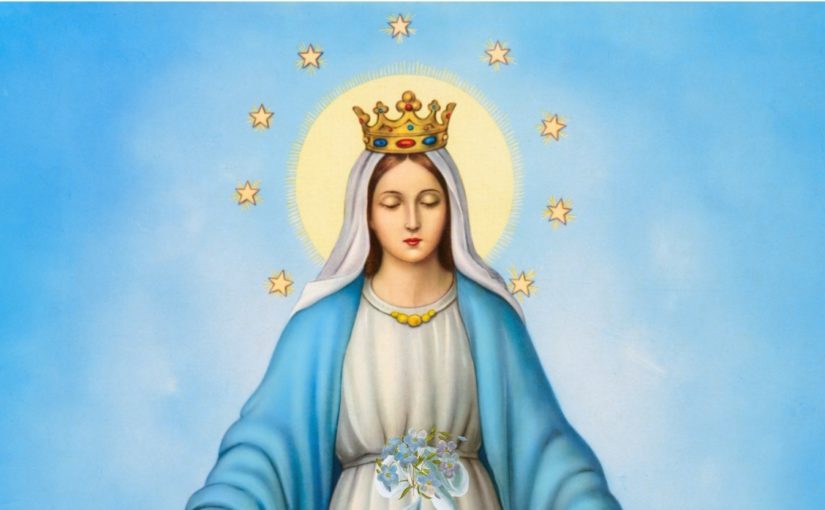
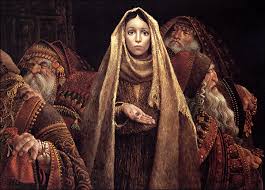
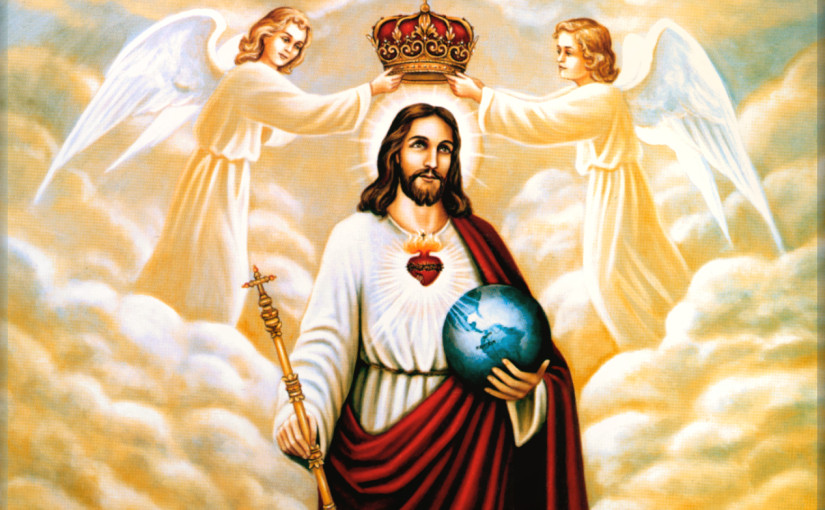
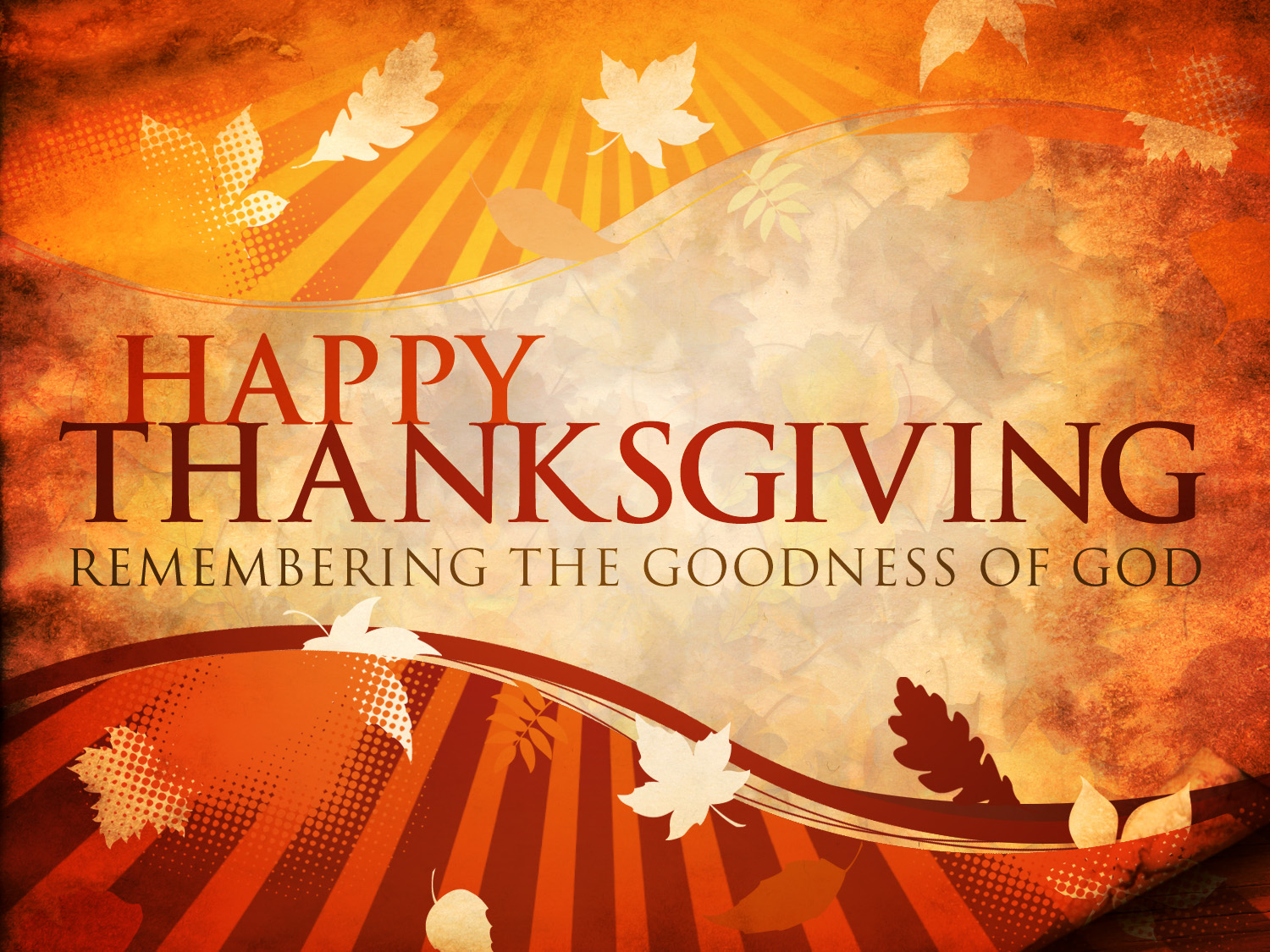
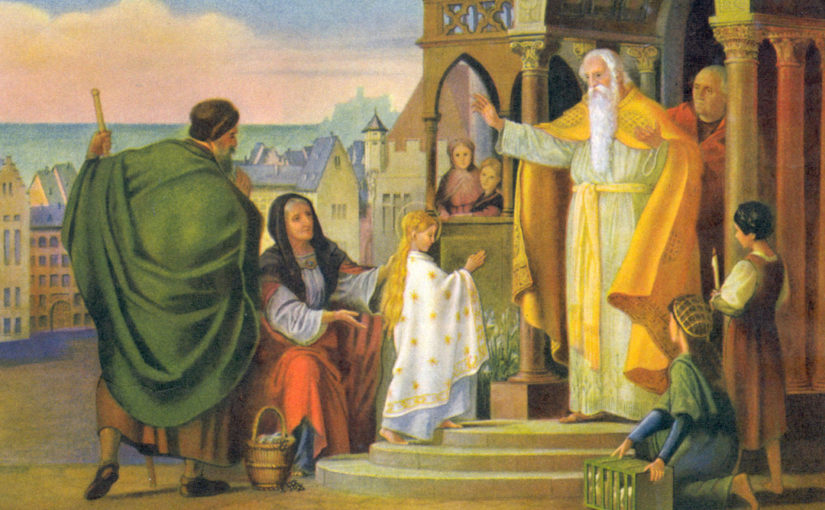

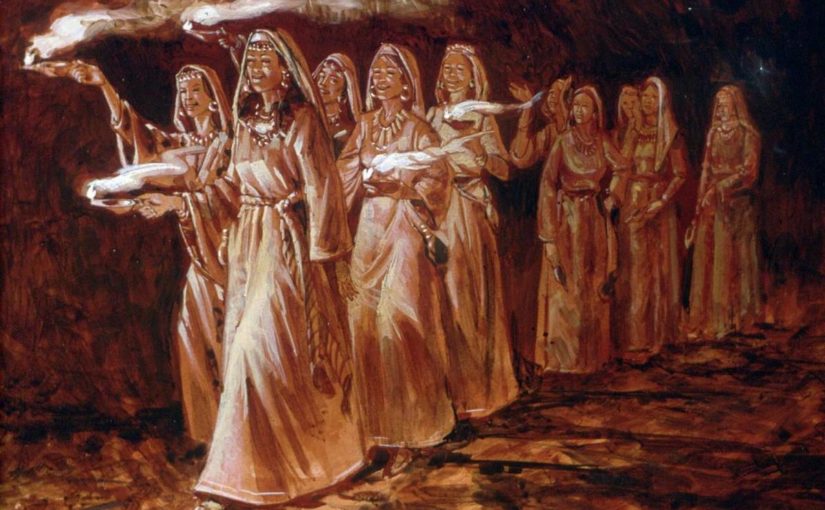
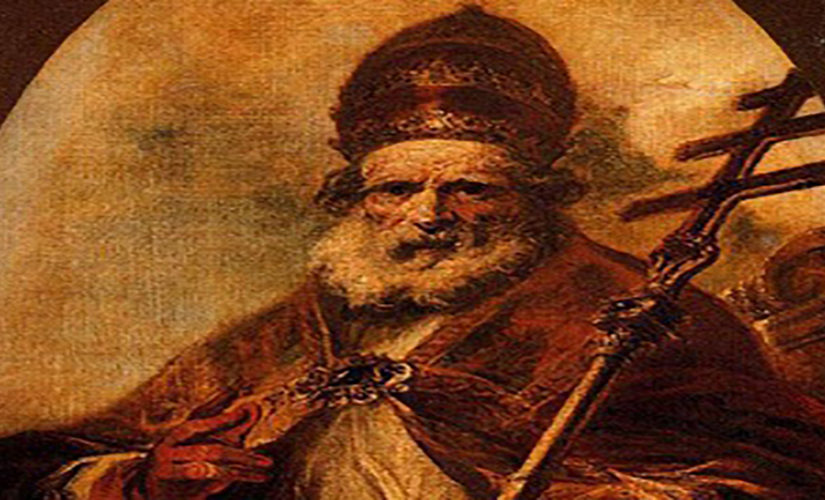
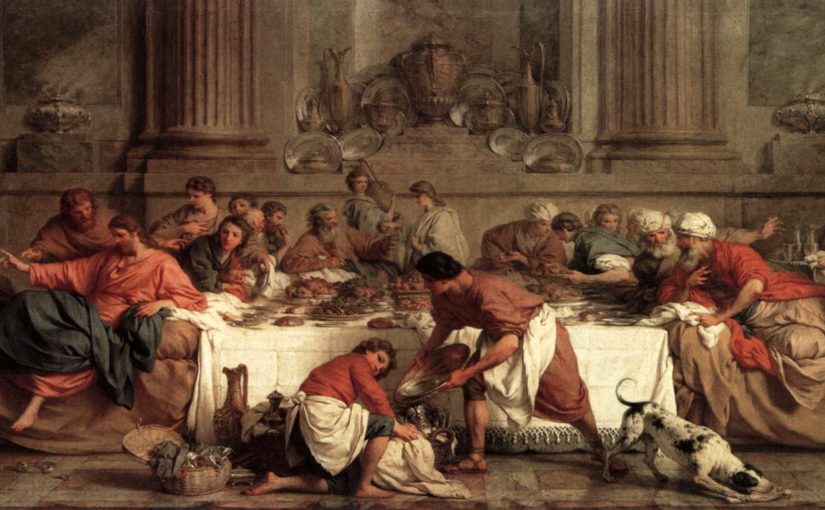
You must be logged in to post a comment.